Copyright 2007-25 Digital Media Law Project and respective authors. Except where otherwise noted,
content on this site is licensed under a Creative Commons Attribution-Noncommercial-ShareAlike 3.0 License: Details.
Use of this site is pursuant to our Terms of Use and Privacy Notice.
content on this site is licensed under a Creative Commons Attribution-Noncommercial-ShareAlike 3.0 License: Details.
Use of this site is pursuant to our Terms of Use and Privacy Notice.


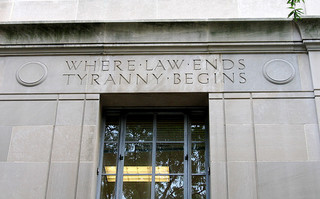 In May 2010, Christopher Sharp used his cell phone to record video of his friend being arrested by the Baltimore Police at the Preakness Stakes. The police demanded that Sharp surrender his phone, stating that the contents might be evidence; when the phone was returned, Sharp discovered that the video he had made, plus a number of other unrelated videos, had been deleted.
In May 2010, Christopher Sharp used his cell phone to record video of his friend being arrested by the Baltimore Police at the Preakness Stakes. The police demanded that Sharp surrender his phone, stating that the contents might be evidence; when the phone was returned, Sharp discovered that the video he had made, plus a number of other unrelated videos, had been deleted.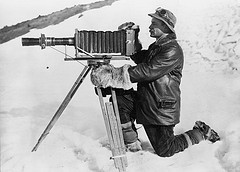 Despite the welcome 7th Circuit decision
in
Despite the welcome 7th Circuit decision
in  Once again, the CMLP is pleased to report that the First Amendment has scored an important victory in a case involving the recording of police officers in public. Last summer saw the
Once again, the CMLP is pleased to report that the First Amendment has scored an important victory in a case involving the recording of police officers in public. Last summer saw the 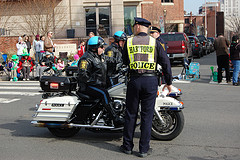 Connecticut, like most states these days it seems, has been having a problem with cops interfering with people photographing or filming them. Members of the Connecticut legislature are concerned about citizens being harassed for filming cops, and are working on passing a bill,
Connecticut, like most states these days it seems, has been having a problem with cops interfering with people photographing or filming them. Members of the Connecticut legislature are concerned about citizens being harassed for filming cops, and are working on passing a bill, 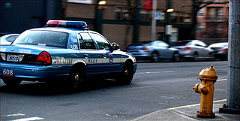 For the past few years here in Seattle, a fascinating debate has been brewing about the balance between government
transparency and citizens' privacy, particularly at the intersection of the state
Public Records Act and the state Privacy Act.
For the past few years here in Seattle, a fascinating debate has been brewing about the balance between government
transparency and citizens' privacy, particularly at the intersection of the state
Public Records Act and the state Privacy Act.
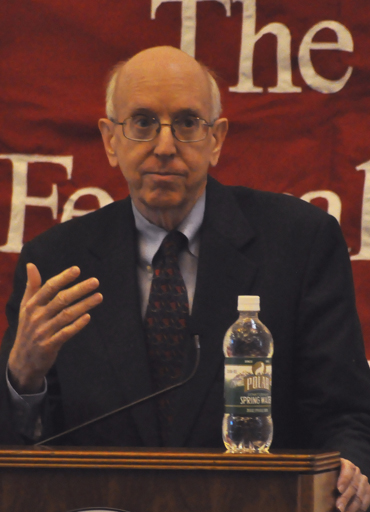 In what is now their
In what is now their 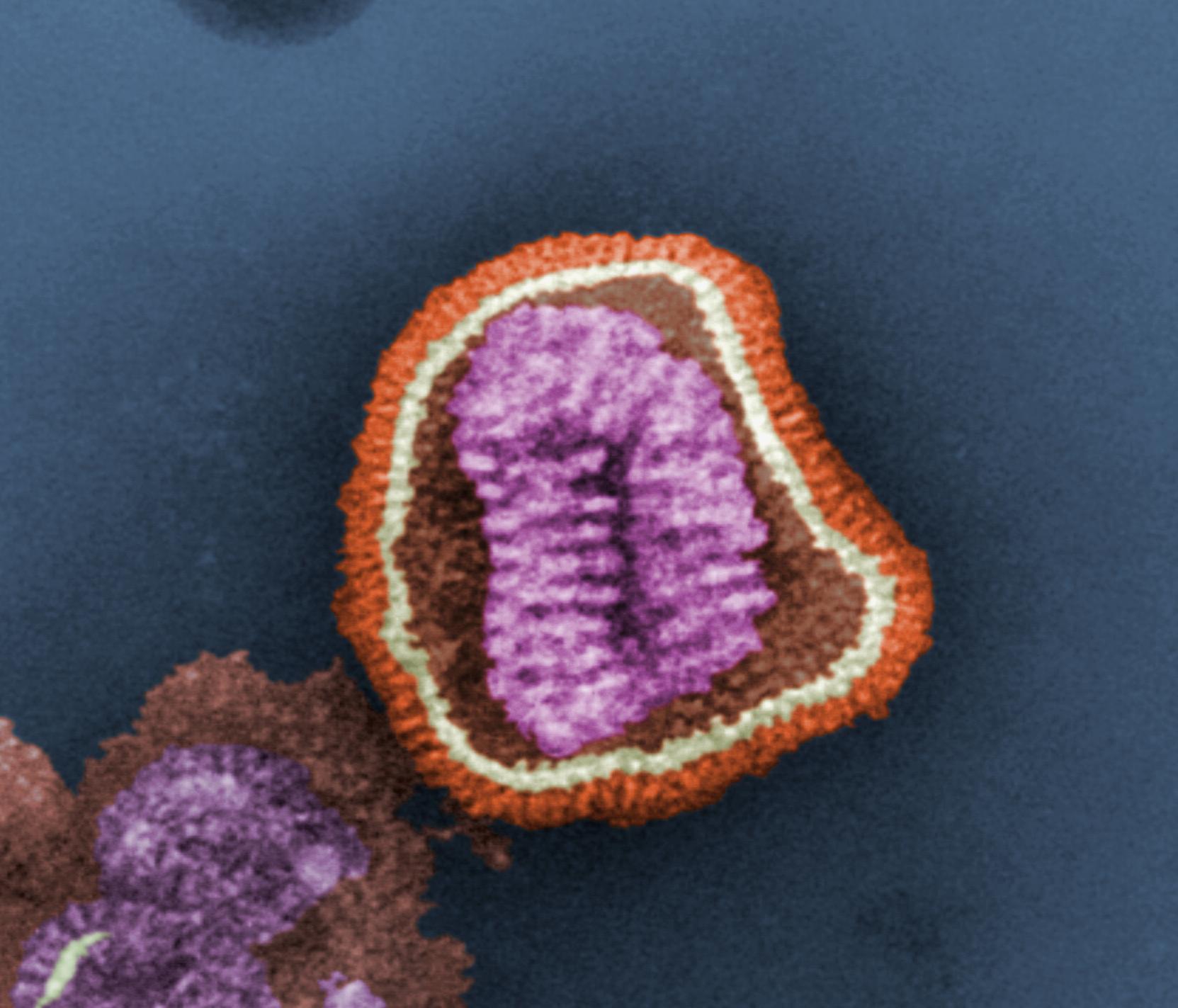 So
So  "I'm willing to admit that the policeman has a difficult job, a very hard job. But it's the essence of our society that the policeman's job should be hard. He's there to protect, protect the free citizen, not to chase criminals, that's an incidental part of his job. The free citizen is always more of a nuisance to the policeman than the criminal. He knows what to do about the criminal." - Orson Welles
"I'm willing to admit that the policeman has a difficult job, a very hard job. But it's the essence of our society that the policeman's job should be hard. He's there to protect, protect the free citizen, not to chase criminals, that's an incidental part of his job. The free citizen is always more of a nuisance to the policeman than the criminal. He knows what to do about the criminal." - Orson Welles
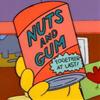 I'm pretty sure I can struggle my way out. First I'll just reach in and pull my legs out, now I'll pull my arms out with my face. – Homer J. Simpson,
I'm pretty sure I can struggle my way out. First I'll just reach in and pull my legs out, now I'll pull my arms out with my face. – Homer J. Simpson, 
Description:
According to CBS, on July 29, 2011, Philip Datz ("Datz") was in Bohemia, New York filming police activity following a car chase as a videographer for the Stringer News Service. During the course of his filming, Suffolk County Police Sergeant Michael Milton ("Milton") approached and ordered him to leave. Datz moved approximately a block from where he was initially located and continued to film the police activity. Milton approached Datz a second time, arrested him, and seized his camera and videotape. (Datz's recording of the encounter can be viewed here.)
Datz was charged with obstructing governmental administration, N.Y. Penal Law § 195.05. The charge was later dismissed.
On April 11, 2012, Datz filed a lawsuit in the United States District Court in the Eastern District of New York against Milton and Suffolk County, alleging that the police violated Datz's rights under the First, Fourth, and Fourteenth Amendments of the United States Constitution, Article I, Sections 8 and 12 of the New York State Constitution, as well as the Privacy Protection Act (42 U.S.C. § 2000aa). The complaint also contains claims of false arrest, assault, and battery. According to the complaint, Suffolk County Police seized the videotape from his camera as evidence and held it until one hour after his release that evening.
The complaint also makes several allegations in support for its demand for injunctive relief against Suffolk County barring the county from obstructing journalists and members of the public who are recording police activity in public places. These allegations include several other incidents where Suffolk County police and firemen ordered Datz to stop filming police activity from public property, and some instances the police deliberately expanded crime scene perimeters to keep the press from filming crime scenes.
Sergeant Michael Milton answered the complaint on May 2, 2012.
The case is currently in discovery. As of February 2014, dispositive motions are due March 24, 2014.